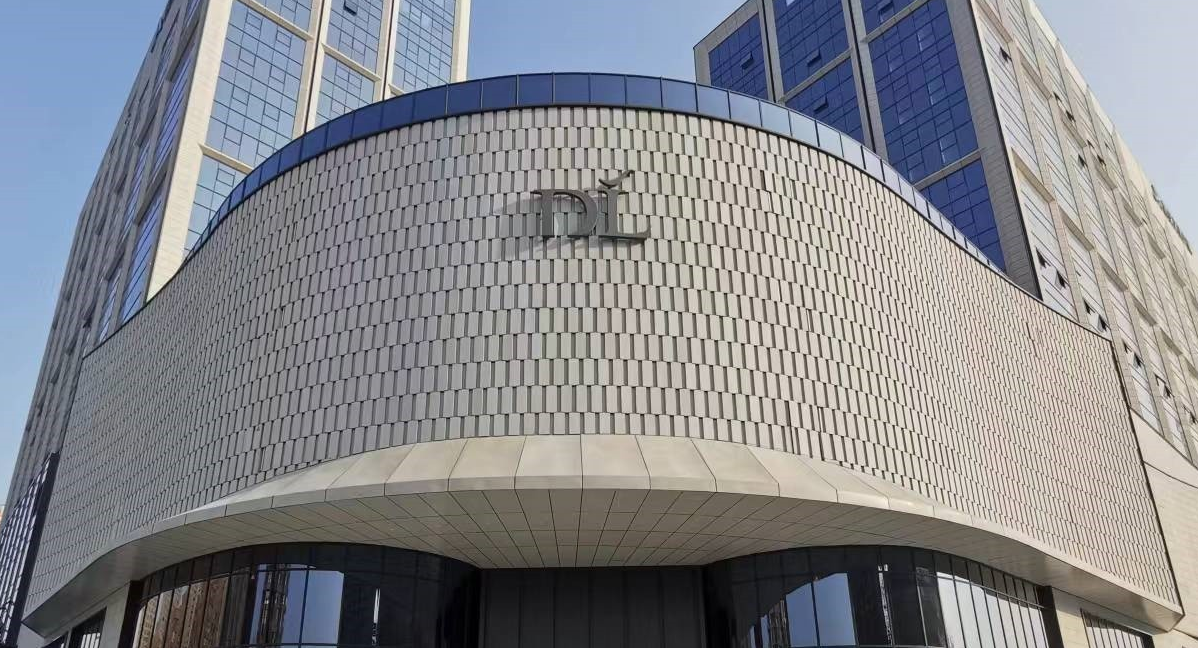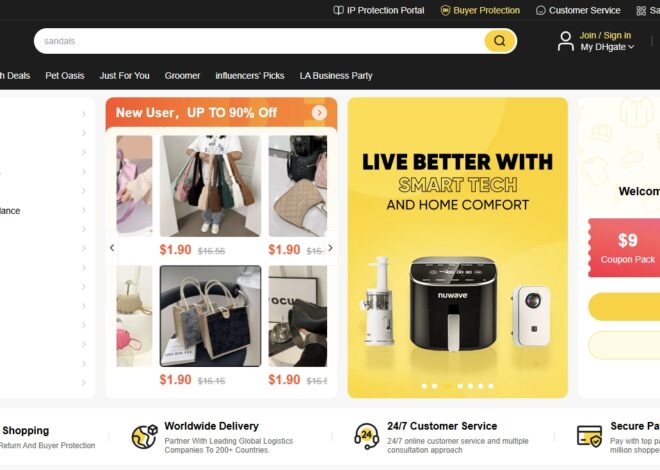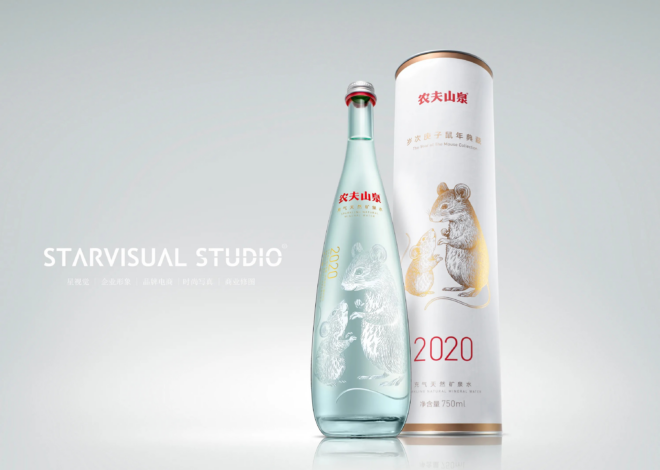
Pang Donglai Publicly Criticizes Yonghui: Why Doesn’t a Store Earning 2 Million Monthly Profits Raise Salaries?
Pang Donglai Questions Yonghui’s Profit Without Salary Hikes, Exposing Capital-Labor Conflicts in Retail
At the 2025 China Supermarket Week, Pang Donglai, founder of the Chinese retail chain Pang Donglai, publicly interrupted a speech by a Yonghui executive overseeing store adjustments. He demanded answers about the Zhengzhou Xinwan store: “Why haven’t salaries been raised when the store earns 2 million yuan monthly?”
Yu Donglai stated:
“This is a critical issue. Many companies lack the experience to handle this. During adjustments, they continue operating under old habits, which is problematic. After adjustments, the Zhengzhou Xinwan store (under Yonghui) has been profitable for one or two months, earning 2 million yuan monthly. I was unaware of this initially. When I learned about the 2 million yuan profit, I was shocked. Why not raise salaries? This is a common flaw in many businesses.
I believe Yonghui’s overall adjustments, including those at Bubugao and other companies, should prioritize survival—staying afloat first. Survival shouldn’t be about chasing profits.”
Yu Donglai’s remarks lay bare the deep-seated contradictions in China’s retail transformation. As an observer tracking Yonghui’s “Pang Donglai-style” reforms, Liu Laowoshi argues:
“This high-profile adjustment campaign is essentially capitalists’ superficial imitation of ‘saint-like’ entrepreneurs like Yu Donglai. Even if Yonghui lowers shelves, widens store aisles, and raises employee salaries by over 50%, its inherent ‘profit-sucking DNA’ remains unchanged.”
Pang Donglai’s Philosophy vs. Yonghui’s Hypocrisy
While Yonghui executives touted adjustment strategies on stage, Yu Donglai tore through the facade:
“A store earning 2 million yuan monthly but refusing salary hikes is the root of corporate sickness!”
Pang Donglai’s business model defies traditional logic:
- Employees earned 9,886 yuan/month on average (Jan-Feb 2025), store managers over 78,000 yuan/month, and executives saw universal raises.
- 60-70% of profits are redistributed to employees, driving industry-leading efficiency: staff voluntarily hold umbrellas for customers or kneel to clean shelves—embodying the principle, “Sharing profits means sharing power.”
For Yonghui:
- Post-adjustment, frontline workers’ salaries rose by ~1,000 yuan/month (over 50% increase).
- Yet Yu Donglai criticized: “The Zhengzhou store’s annual profit is 6 million yuan. By my standards, only 2 million should be retained!” This exposes Yonghui’s fatal contradiction: copying Pang Donglai’s aesthetic changes (lower shelves,便民 facilities) while ignoring profit-sharing systems.
Speed vs. Substance: A Clash of Models
- Yonghui’s frenzy: 200 stores planned for adjustment in 2025; 83 completed by April.
- Pang Donglai’s rigor: 13 stores in 30 years, each refined via 80%+ product turnover rates.
Yonghui’s “fast-consumer mindset” clashes with Pang Donglai’s ethos:
- A Beijing store removed 5,762 SKUs in 32 days, achieving 80% structural alignment with Pang Donglai’s standards.
- Pang Donglai insists: “Every SKU must carry warmth and a story.”
Ironies and Contradictions
- Yonghui idolizes Sam’s Club but ignores Yu Donglai’s critique: “Low wages will doom Sam’s Club.”
- Yu Donglai’s ultimatum: “If employees take home less than 4,000 yuan, the store should close.”
Capital Logic vs. Human-Centric Reform
- Ye Guofu’s supply chain reforms (direct procurement, cutting middlemen) aim to curb corruption but follow a capital-driven cost-cutting logic, opposing Pang Donglai’s “high salaries drive supply chain upgrades.”
Historical Lessons
- Japan’s Tsukakoshi Group (six generations of “accumulated goodwill”) and Costco (14% wage premium for 3x efficiency) prove “saintly” models work.
- Yonghui’s dilemma: balancing capital market profits with employee welfare is a schizophrenic trap.
Conclusion: The Emperor’s New Clothes
Yu Donglai’s public rebuke is a slap on capitalism’s “iron wall”:
- Yonghui can mimic store layouts but not Pang Donglai’s “90% profit-sharing” resolve (unrealistic for public companies).
- It can copy service details but not the belief: “Lose money to protect employee dignity.”
The ultimate revelation: In a capital-dominated world, saintly integrity is rare. As Yonghui drapes stores with “Learn from Pang Donglai” banners, consumers witness a modern Emperor’s New Clothes—the naked truth is capital’s insatiable greed.



